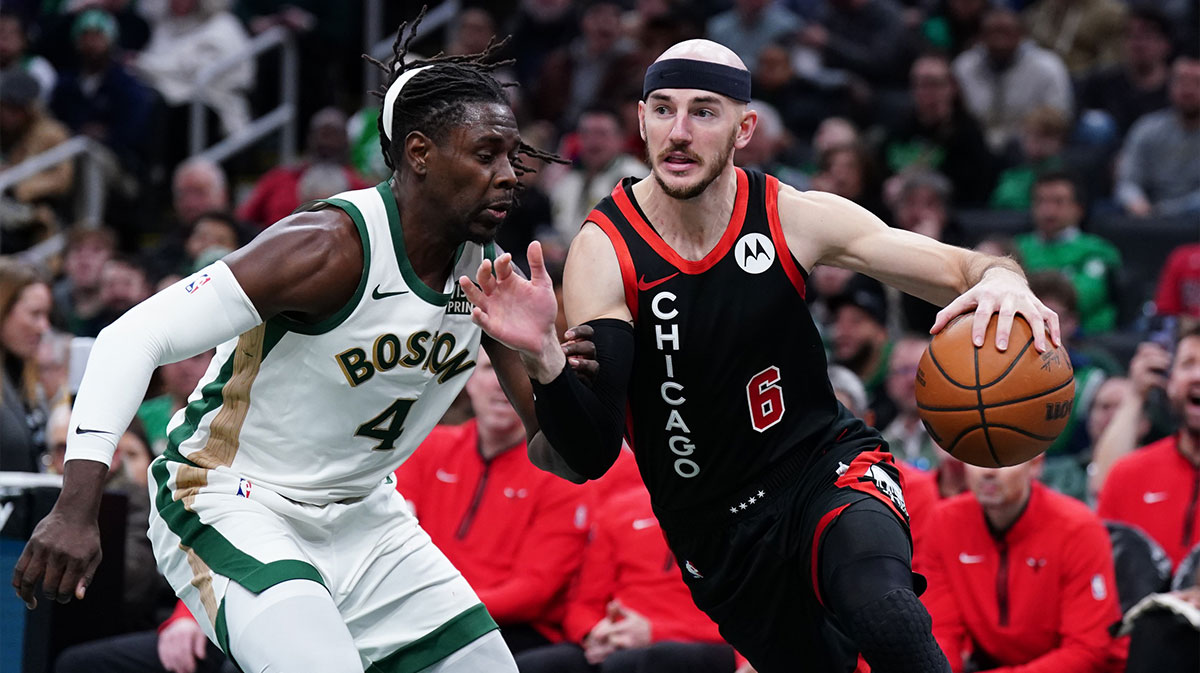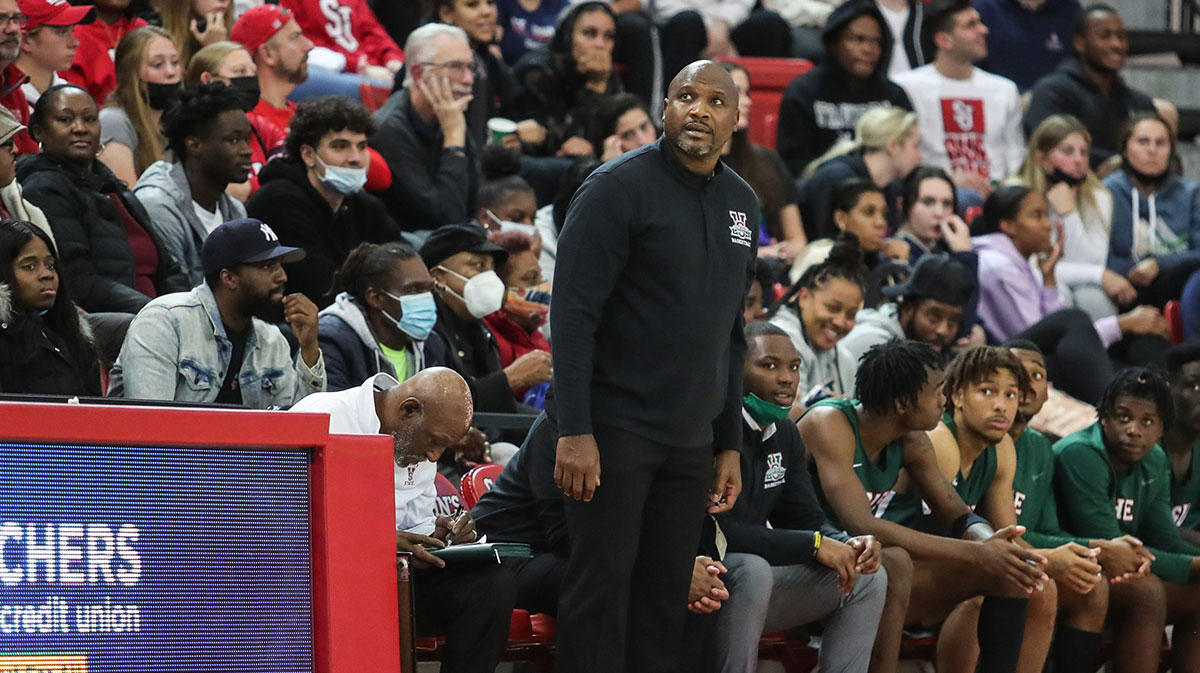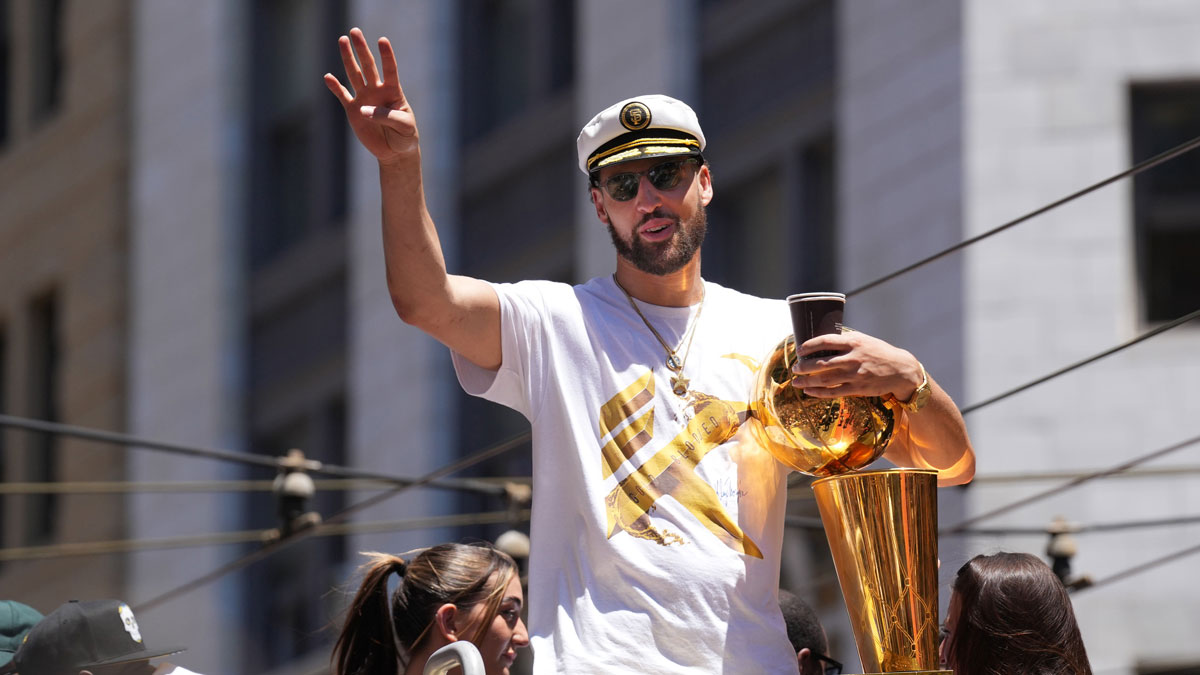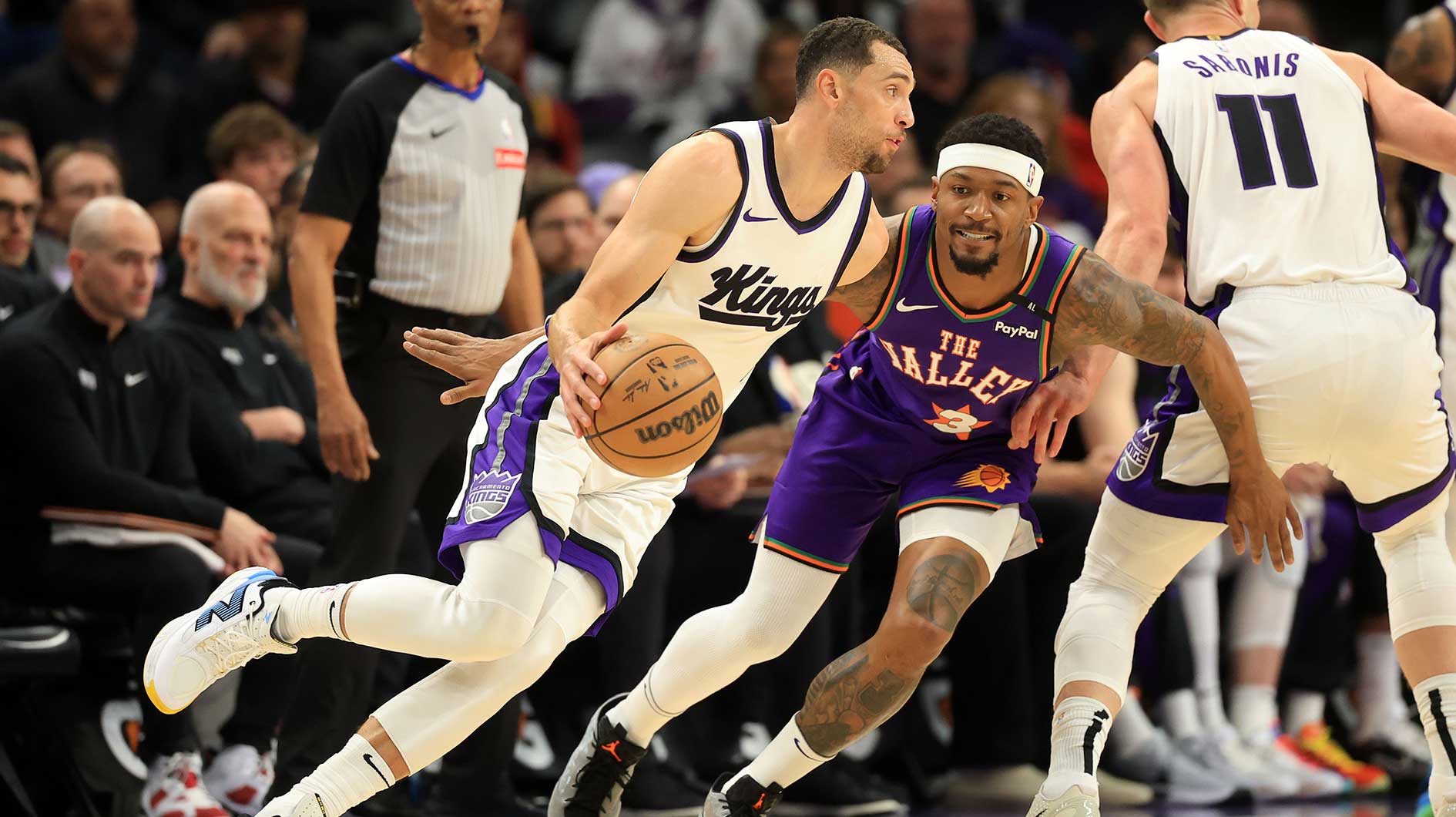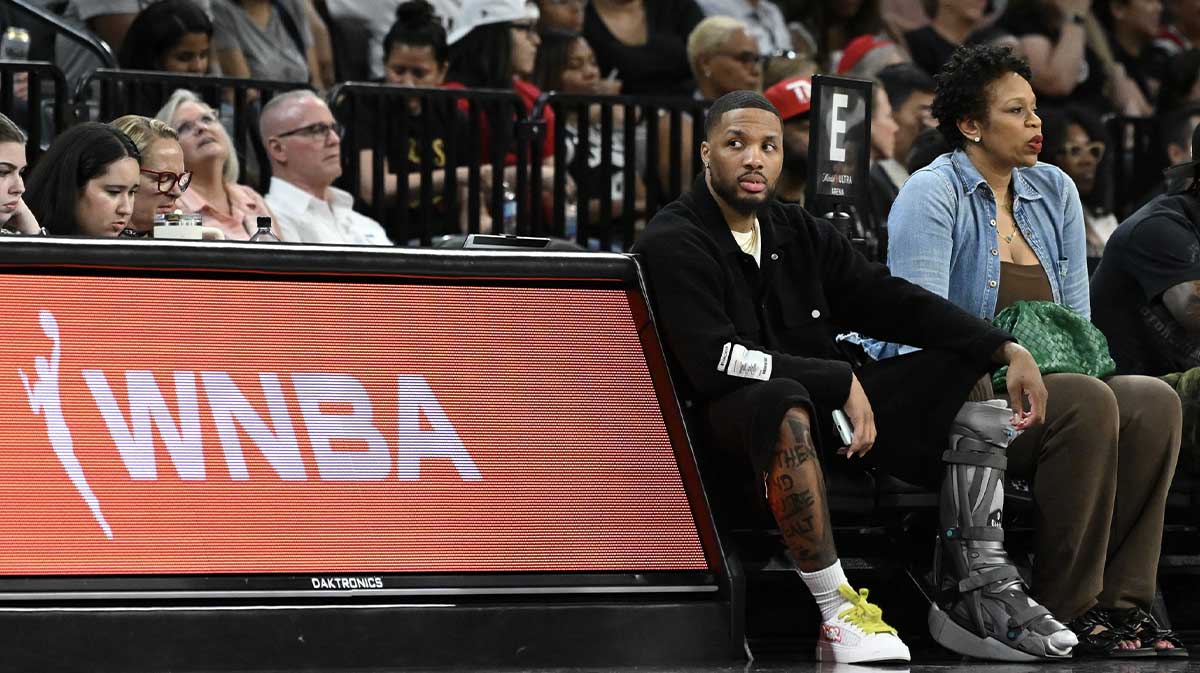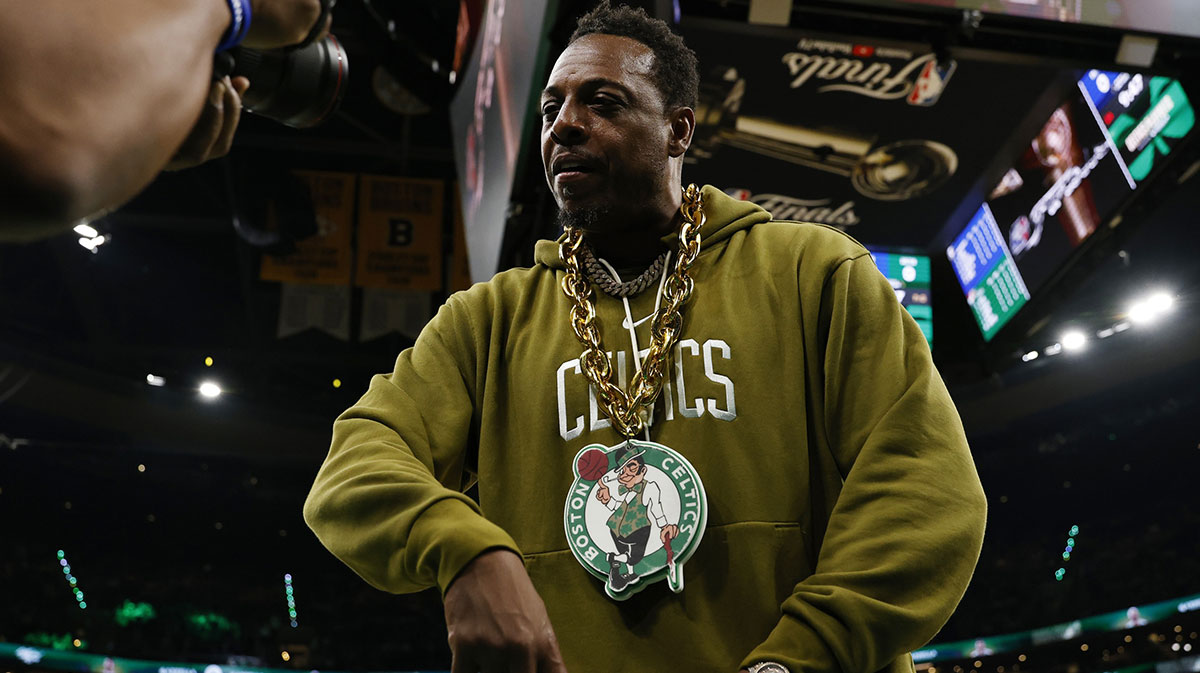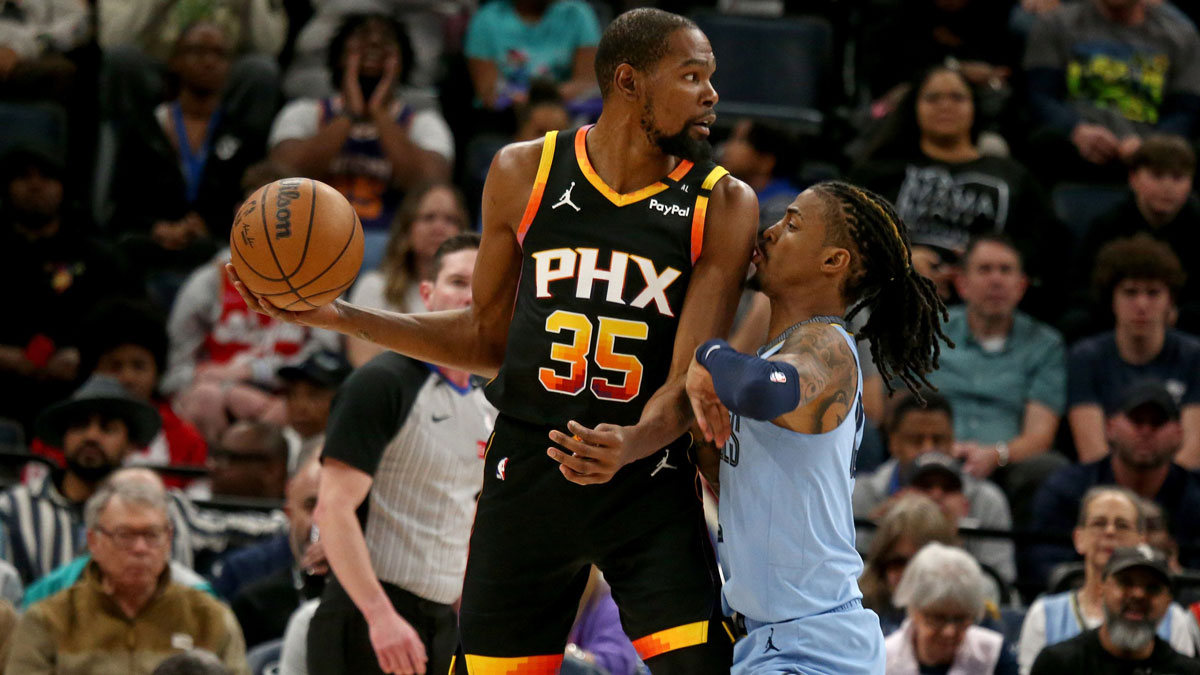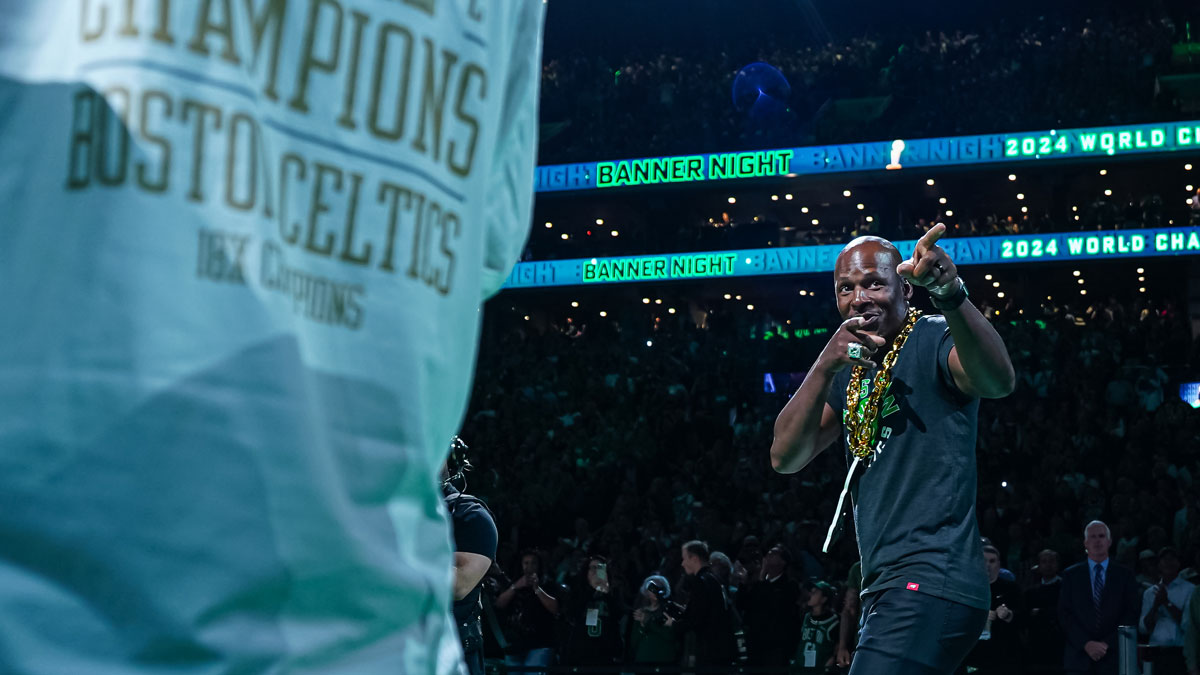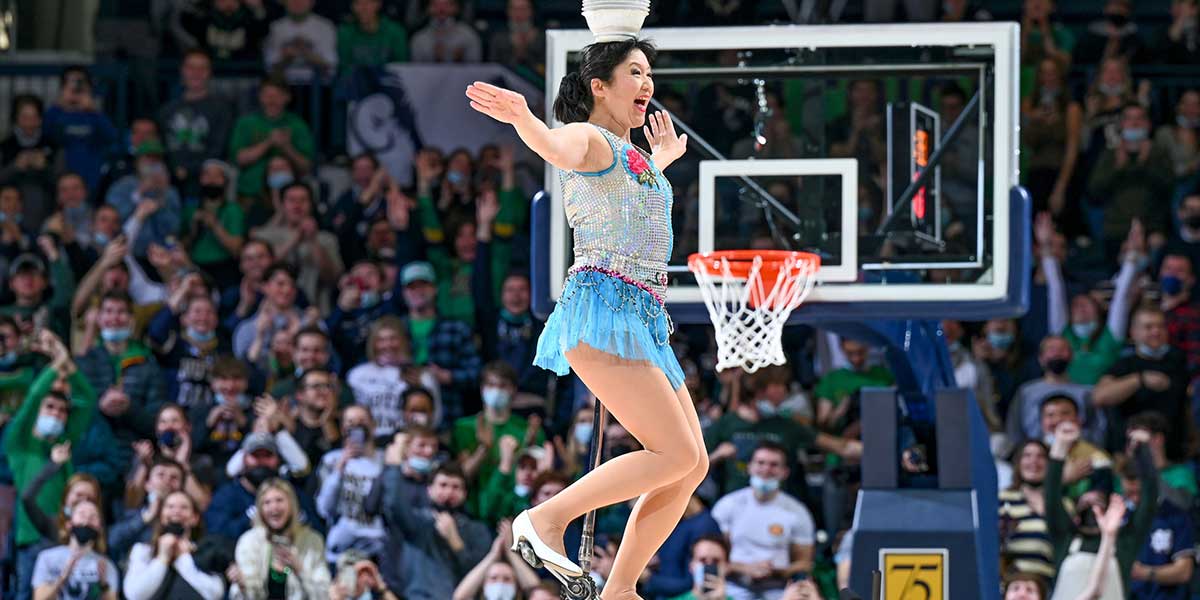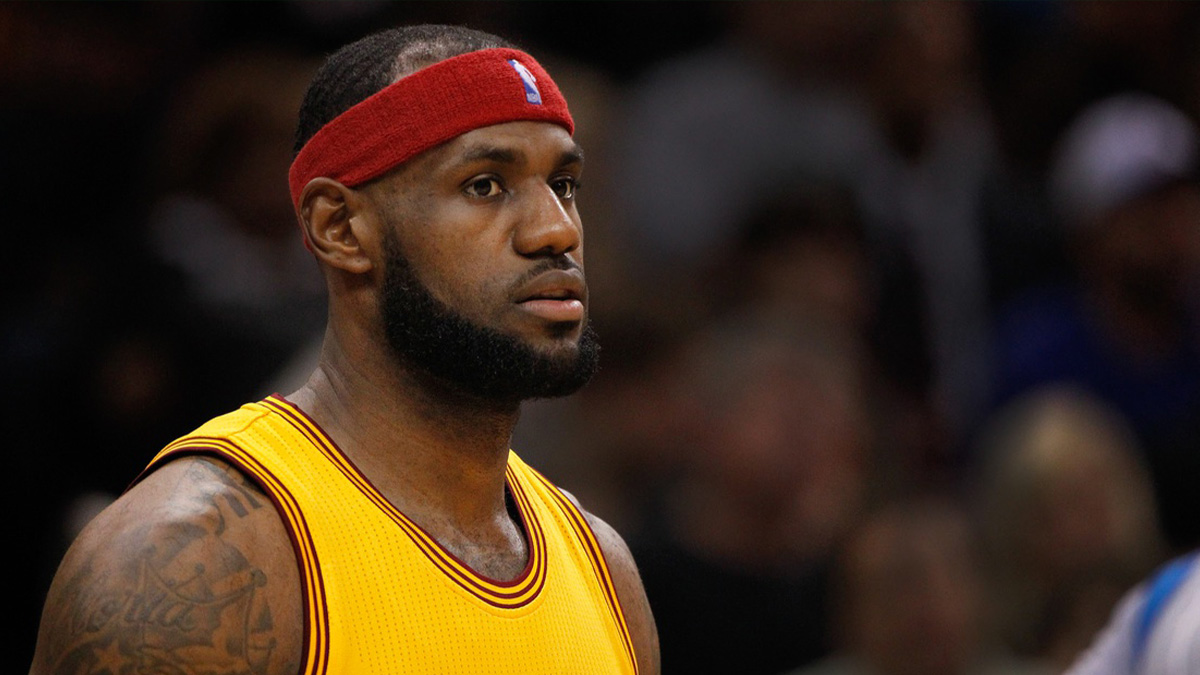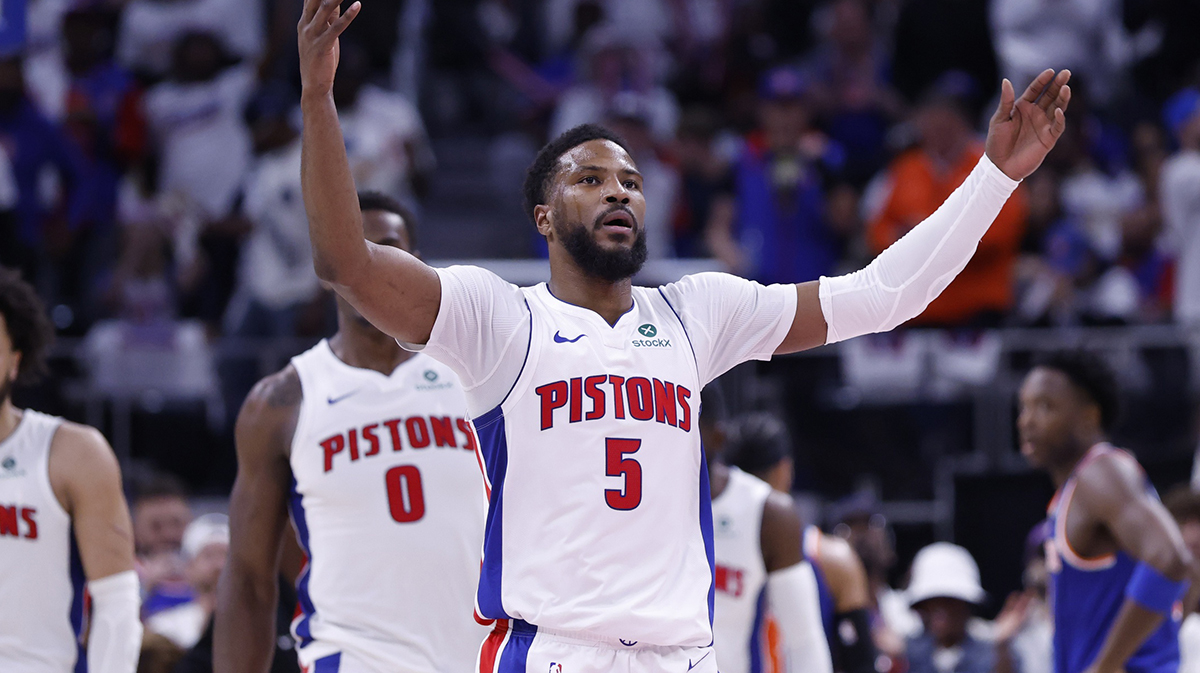The coronavirus pandemic placed the lives of millions of people around the world on hold. Even the NBA had to be suspended indefinitely after two of its players — Rudy Gobert and Donovan Mitchell of the Utah Jazz — both tested positive for the dreaded disease. League commissioner Adam Silver quickly took action and decided to suspend any and all basketball activities in line with these unfortunate developments. This turned out to be the right decision with other players and team personnel also testing positive in the succeeding days/weeks.
Despite the unprecedented turn of events, this is not actually the first time a major sporting event or the NBA was canceled mid-season. Below are 16 other instances wherein entire leagues were suspended for one reason or another.
1. NBA 1999 Season: Lockout
Right before the turn of the century, the NBA had its first lockout in league history. The league and team owners could not come to an agreement with regards to the salary cap — among other things — which resulted in teams not fielding their players. The lockout started in July 1998, and finished in January of 1999, when an agreement was finally struck. This left the NBA enough time to pursue an adjusted 50-game season.
2. NBA 2011 Season: Lockout
This one was about the players. Owners were unwilling to meet the demands of players with regard to their collective share from basketball-related income. At the end of the day, the players got their wish, but it wasn't until a four-month delay to the start of the season. Unlike the lockout of 1999, though, the 2011 campaign ended up having 66 regular-season games.
3. NFL 1943 Season: World War II
With so many players sent off to war, the NFL was pretty much left with no choice but to make drastic changes with regards to its season schedule. Only eight teams were able to participate during the season — a league record for fewest teams in a single season — but at least they were somehow able to see the season through.
4. NFL 1982 Season: Strike
Strikes were not uncommon in the NFL, but this was the first time in league history that it spilled over to the regular season. Due to a labor dispute, teams went on strike in the middle of the season, resulting in just nine games played for each team throughout the season.
5. NFL 1987 Season: Strike<
Five years later, NFL players went on strike yet again, and this time it was about their desire to have a bigger say during free agency. Teams were so desperate that they ended up hiring athletes to take the place of players that were on strike.
6. NFL & MLB 2001 Season: 9/11
On one fateful day in September of 2011, the United States was the victim of what is perhaps the most horrible terrorist attack in recent history. This caused both the NFL and the MLB to suspend a handful of games, as the whole nation mourned.
7. NHL 1992 Season: Strike
The players got smart with this particular NHL strike, opting to air their grievances right as the playoffs were kicking in. As a result, a total of 30 games were suspended. The negotiating power belonged to the players at this point, which prompted team owners to budge and sign off on a new and improved collective bargaining agreement.
8. NHL 1995 Season: Lockout
The infamous NHL strike of 1995 had such a huge impact that it ended up cutting the 1995 regular season in half. Team owners wanted a salary cap and place, and when the players did not agree, the owners decided to lock them out. This was until an agreement was reached some three months later.
9. NHL 2005 Season: Lockout
In 2005, the NHL had another owner-instituted lockout brought about by a dispute on the salary cap. However, this one was far worse than what transpired a decade earlier, as it resulted in the seasons completely being wiped out. If you look at the history of the league, there was no champion in 2005, and the reason behind this is because there was no season at all.
10. NHL 2013 Season: Lockout
At this point, you could conclude that NHL team owners are pretty hard-nosed. They locked out the players yet again in 2013 due to another labor dispute, which resulted in teams playing just 48 games that season instead of the usual 82.
11. MLB 1918 & 1919 Seasons: World War I
Finally, we proceed to MLB. The latter part of the 1918 season and the start of the 1919 seasons were both affected by World War I. At that time, though, the delays in the MLB season were far less important than all the lives that were being lost due to that costly war.
12. MLB 1923 Season: Death of Warren G. Harding
On August 2, 1923, then-U.S. President Warren G. Harding passed away. This resulted in the MLB postponing their slate of games on the said date, as well as on Harding's funeral a week later.
13. MLB 1944 Season: D-Day
Another war-related MLB suspension happened on June 6, 1944. The league decided to reschedule all games on the said date to honor the lives that were lost on the beaches of Normandy, France — one of the most significant moments of World War II.
14. MLB 1972 Season: Strike
This time around, it wasn't war or tragedy that caused a handful of games to be canceled. It was actually because of the first recorded MLB players strike, which centered around the players' salary and pension fund.
15. MLB 1981 Season: Strike
Less than a decade later, MLB players went on strike again. This time around, their qualms were about free agency. This caused games to be suspended/cancelled for nearly two months.
16. MLB 1994 & 1995 Seasons: Strike
Last but not least, we have the MLB strike that turned out to be the longest stoppage in the history of the sport. This issue went all the way to the U.S. District Court, who forced owners and players to come to an agreement with regards to a new labor deal. The standoff lasted for no less than eight months.



